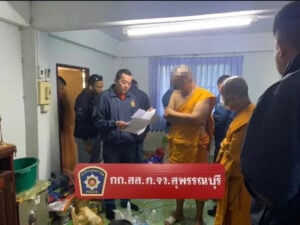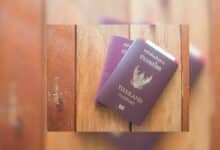Expert tips for extending your Thai visa successfully
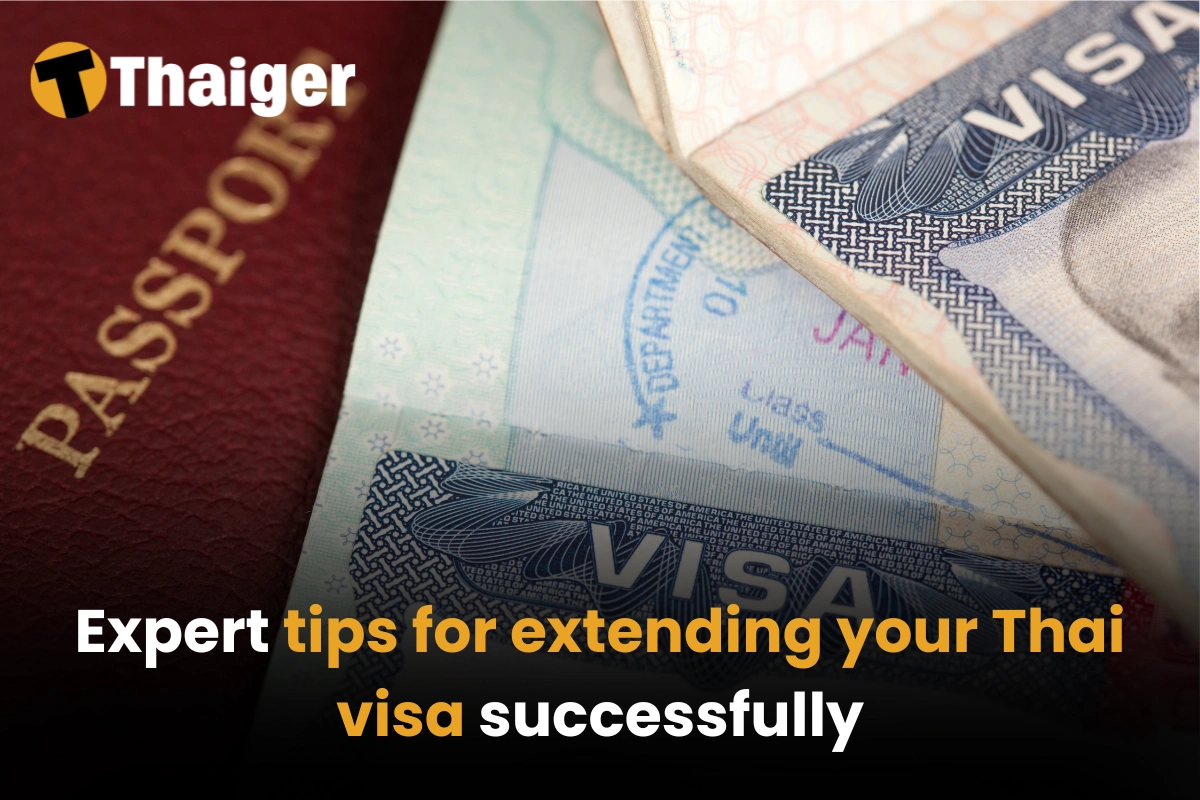
Extending a Thai visa might seem complicated, but it’s easier than you think. Understanding how the process works is important for those looking to enjoy Thailand’s beautiful beaches, lively markets, and rich culture a little longer. This guide shares expert tips to make extending your visa simple and hassle-free, from preparing the right documents to knowing local immigration rules. Whether it’s your first visit or you’ve been here before, these tips will help you make the most of your time in Thailand without interruptions.
Understanding Thai visa types and extensions
Navigating the complexities of visa regulations in Thailand ensures a prolonged and enjoyable stay in the kingdom. It’s critical to understand the various Thai visa types and their extension possibilities before planning your stay extension.
Eligibility criteria for visa extensions
To extend your Thai visa, it’s important to understand the requirements based on your visa type:
Visa types
- Visa exemption entry: Citizens from certain countries can stay in Thailand visa-free for up to 30 days and extend for an additional 30 days.
- Tourist visa (TR): This visa allows a 60-day stay, with an option to extend for another 30 days.
- Visa on arrival (VOA): Usually valid for 15 days, it can be extended for 7 more days, but you may need extra documents.
Basic requirements
- A valid passport with at least six months of validity.
- Proof of onwards travel (e.g., flight ticket).
- Proof of sufficient funds (around 20,000 THB for individuals).
Required documents
- Fill out the TM7 form for the extension application.
- Double-check all documents to ensure they’re complete and accurate to avoid any delays.
By understanding these requirements and preparing the right paperwork, extending your visa in Thailand can be a smooth and stress-free process.
The right time to apply for a visa extension
It’s important to apply for your Thai visa extension at least one week before your current visa expires. Doing this early helps you avoid stress and possible fines for overstaying. Immigration offices can get busy, and processing times may vary.
Key tips for timing your visa extension
- Apply early: Start the process at least a week before your visa expires to stay on the safe side.
- Avoid busy times: Immigration offices can get crowded, so applying early can save you from long waits and last-minute issues.
- Choose the right office: The office you need depends on your visa type. While Bangkok’s main immigration office handles many extensions, regional offices often process tourist visa extensions more quickly and efficiently.
By applying early and planning ahead, you can avoid unnecessary stress and ensure a smooth visa extension process.
Preparing for your Thai visa extension

Effectively extending your visa in Thailand demands thorough preparation and an accurate understanding of the required steps. This guide ensures you’re well-prepared for the process, making your visa extension as seamless as possible.
Required documentation checklist
Firstly, gather all necessary documents to avoid delays in your Thai visa extension process. These include:
-
Your passport, which must contain your tourist visa or entry stamp, and a departure card.
-
Photocopies of the main passport photo page, current Thai tourist visa page, if applicable, and your departure card.
-
A completed TM7 form, which is the Application for Extension of Temporary Stay in the Kingdom.
-
One 4cm x 6cm passport photo. Note, that Thai immigration officials are strict about photo specifications.
-
Know your current address in Thailand and have a Thai phone number ready, as these details are required on the visa form.
Ensure every document is present and correctly filled out to streamline your application process.
Extension process in Thailand

The process of extending a visa in Thailand necessitates a comprehensive understanding and meticulous preparation. Whether the intention is to prolong one’s stay for tourism, retirement, or dependant reasons, every action undertaken is vital for securing a successful application.
Selecting the correct immigration office
Identifying the appropriate immigration authority constitutes the initial crucial phase in the procedure of extending your visa within Thailand. Immigration authorities are strategically located across the nation, with each province hosting its respective branch. Nevertheless, it is important to note that not every office facilitates all categories of visa extensions.
Therefore, it is essential to consult the official website of the Thai Immigration Bureau to ascertain an office that accommodates extensions for your particular visa category. Generally, applicants are mandated to submit their application at the immigration office proximate to their residential location in Thailand.
Guide to extending your visa
Extending your visa in Thailand is a simple process if you have all the required documents ready. Here’s how to do it efficiently:
1. Prepare your documents
Before heading to the immigration office, make sure you have everything you need:
- Your passport
- Departure card (TM.6)
- Completed visa extension form (TM.7)
- A recent passport-sized photo
- Financial statements or certificates, depending on your visa type
For certain visas, like retirement or dependent visas, additional documents such as proof of insurance or police clearance might be required.
2. Visit the immigration office
Go to the immigration office you’ve identified ahead of time. Arriving early is a good idea, especially in busy cities like Bangkok or Chiang Mai, where lines can be long.
3. Submit your application
When you arrive, take a queue number and wait for your turn. At the counter, hand over your documents. The officer may ask a few questions about your stay and why you’re extending your visa.
4. Pay the extension fee
If everything is in order, you’ll be directed to pay the visa extension fee. As of now, the fee for a tourist visa extension is 1,900 THB. It’s helpful to bring the exact amount, as some offices may not give change.
5. Receive your extension
After payment, you’ll get a receipt and be asked to wait while your extension is processed. This usually takes about 30 minutes to an hour. Once done, you’ll receive your passport back with the new extension stamp.
By preparing well and following these steps, you can extend your visa smoothly and avoid any unnecessary delays.
Common reasons for Thai visa extension rejections
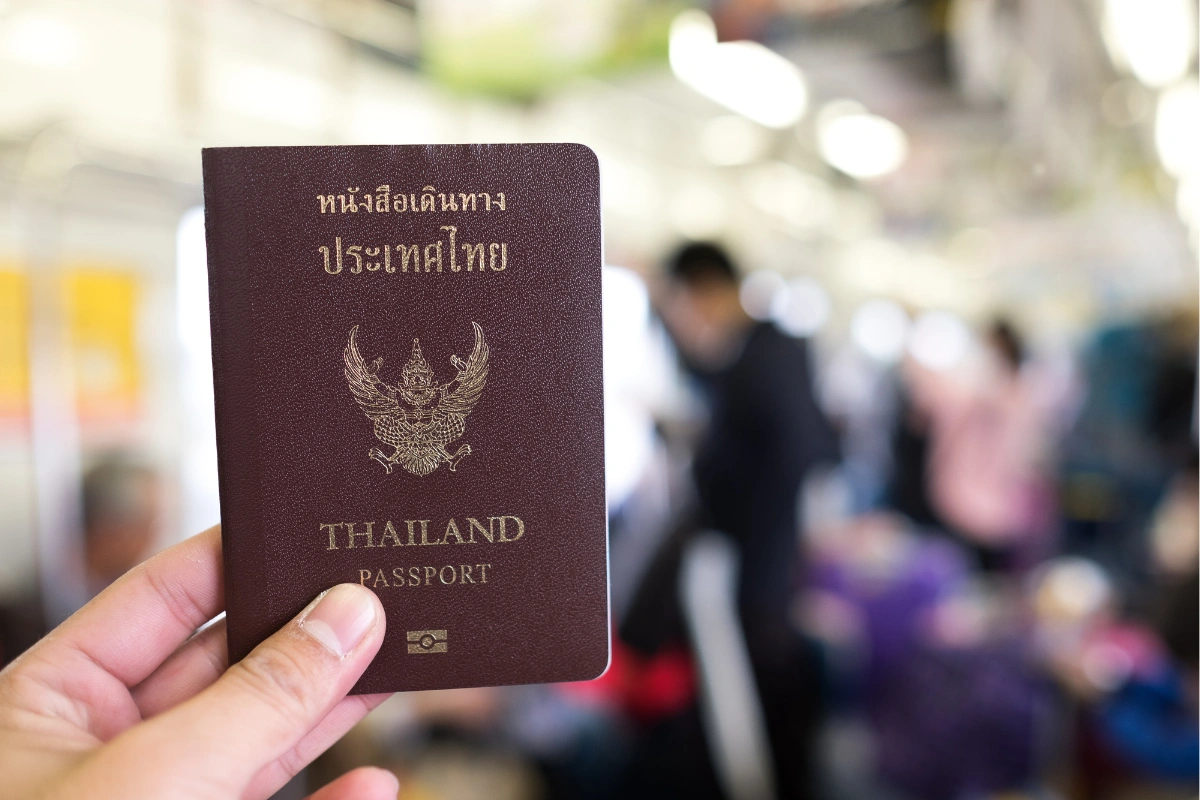
How to avoid overstaying issues
Overstaying your visa in Thailand can lead to complications that extend beyond mere fines. Recognising the common pitfalls that lead to visa extension rejections is key in planning a hassle-free stay in Thailand.
-
Incomplete documentation: Ensure all required documents are complete before heading to the immigration office. Missing a single form or photocopy can set your application back.
-
Incorrect fee: Know the exact visa extension fee, which stands at 1,900 THB as of the latest update, to avoid delays. Carrying the exact amount in cash facilitates a smoother process.
-
Invalid reason for extension: Provide a legitimate reason for extending your stay. Leisure, medical treatment, or sudden travel restrictions are generally acceptable, whereas lack of planning is not.
-
Overlooking visa type specifications: Different visa types have different extension rules. Tourist visas, for example, have a standard 30-day extension limit. Ensure your requested extension matches your visa type.
-
Past overstays: A history of overstaying can negatively impact your current application. Aim to maintain a clean record to boost your chances of approval.
-
Arriving late at the immigration office: Late arrival might mean not being attended to, especially on busy days. Aim to arrive early to beat the queues.
-
Failing to meet financial requirements: Some visa extensions require proof of sufficient funds. For instance, retirement visa extensions necessitate showing a certain amount in a Thai bank account.
-
Insufficient preparation for interviews: Occasionally, immigration officials conduct interviews. Being unprepared or providing inconsistent answers can result in rejection.
By avoiding these common mistakes, you not only ease the process of extending your visa in Thailand but also ensure your stay remains legal and penalty-free. Remember, the key to a hassle-free extension lies in thorough preparation and understanding the specific requirements of your visa type.
Top 10 practical tips to extend your Thai visa
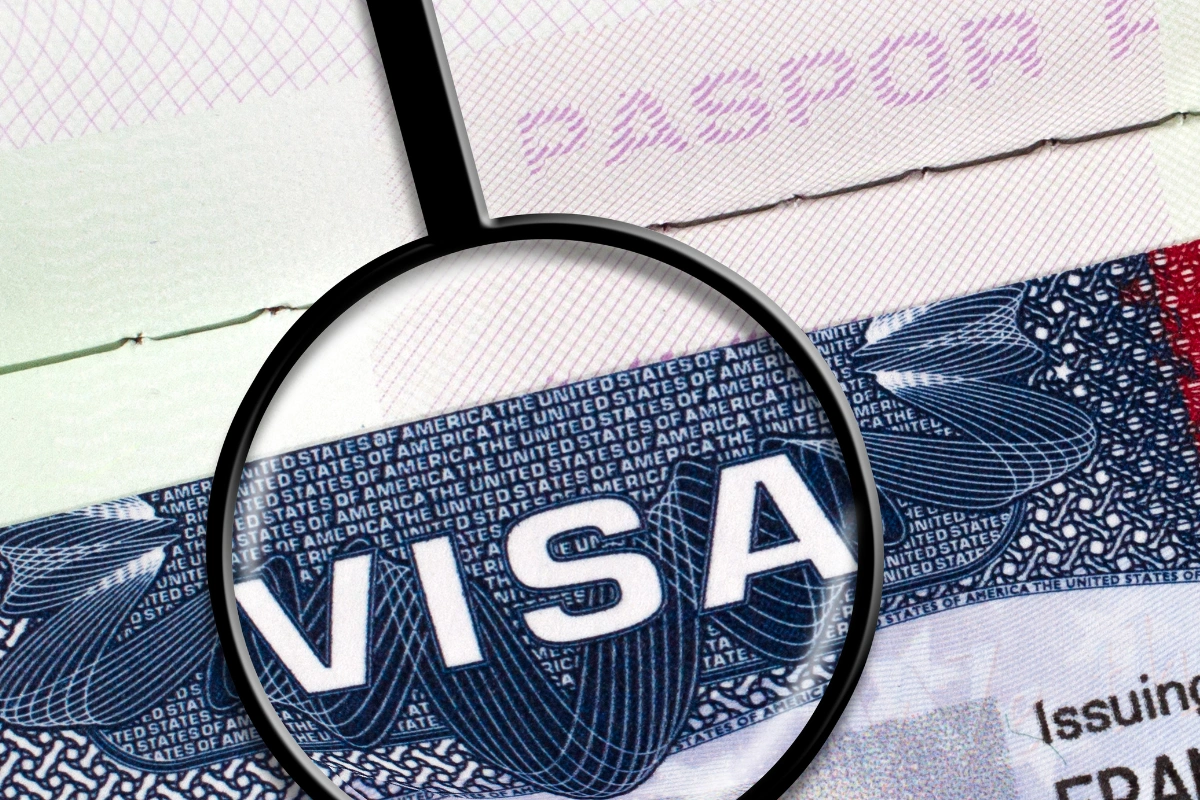
1. Prioritise early application
To avoid complications, start the process of extending your visa in Thailand well before your current visa expires. Immigration offices can get crowded, and procedures may take longer than expected. Early application ensures you’re not rushed, reducing errors on your part.
2. Stay informed about policy changes
Thailand’s immigration policies can change without much notice. Regularly check official sources or consult with immigration experts to stay updated. Being aware of the latest requirements and procedures will help streamline your visa extension process.
3. Ensure your passport is valid for the duration
Your passport must be valid for at least six months beyond the period you plan to stay. Check your passport’s expiry date before applying to extend your Thai visa. If needed, renew your passport beforehand to meet this requirement.
4. Track your stay duration carefully
Keep a close eye on the length of your stay. Overstaying can result in fines or bans from re-entering Thailand. Mark the visa expiry date on your calendar and start the extension process well in time to avoid overstaying.
5. Be aware of possible visa runs
Let’s chat about visa runs, and those quick trips out and back into Thailand to refresh your visa stay. Just a heads up, though – the rules have gotten a bit stricter lately. If you’re doing them often, it might catch some attention and could even risk you not being allowed back in. So, give it a good thing and make sure you know what it involves before jumping in.
6. Maintain sufficient financial means
Proof of adequate finances is often a requirement for extending your visa. Authorities need to know you can support yourself during your stay. Ensure you meet the minimum financial requirements set by the Thai Immigration Bureau to avoid any issues.
7. Familiarise yourself with local immigration rules
Local immigration offices may have specific requirements or processes. If you’re in Chiang Mai, for example, knowing the specifics of the Promenade immigration office can save you time and hassle. Research and prepare accordingly.
8. Don’t rely solely on visa agents
While visa agents can be helpful, it’s important to have a personal understanding of the process to extend your visa in Thailand. Agents can facilitate, but relying solely on them may leave you in the dark about important details and changes in procedures.
9. Keep multiple copies of important documents
Photocopies of your passport, current visa, and related documents are often required for the visa extension process. Having multiple copies on hand, including digital ones, can save you time and trouble if originals are misplaced or additional copies are needed.
10. Respect the culture and laws of Thailand
Compliance with Thai legislation and cultural norms is instrumental in the visa extension process. Exhibiting reverence for local customs and regulations may positively influence your dealings with immigration authorities. Let’s dive into this process with heaps of respect and understanding, shall we? Following these handy steps will make extending your visa in Thailand a breeze and super effective. Paying close attention to Thai laws, getting your documents ready, and doing your homework are key parts of making sure you get that visa extension without a hitch.
In Thailand, visa applications can be submitted electronically or physically, offering convenience or traditional methods. Electronic applications streamline the process through online submissions, ideal for tech-savvy applicants, while physical applications require visiting a Thai embassy or consulate, suited for those preferring personal interactions or need to submit additional documents.





















